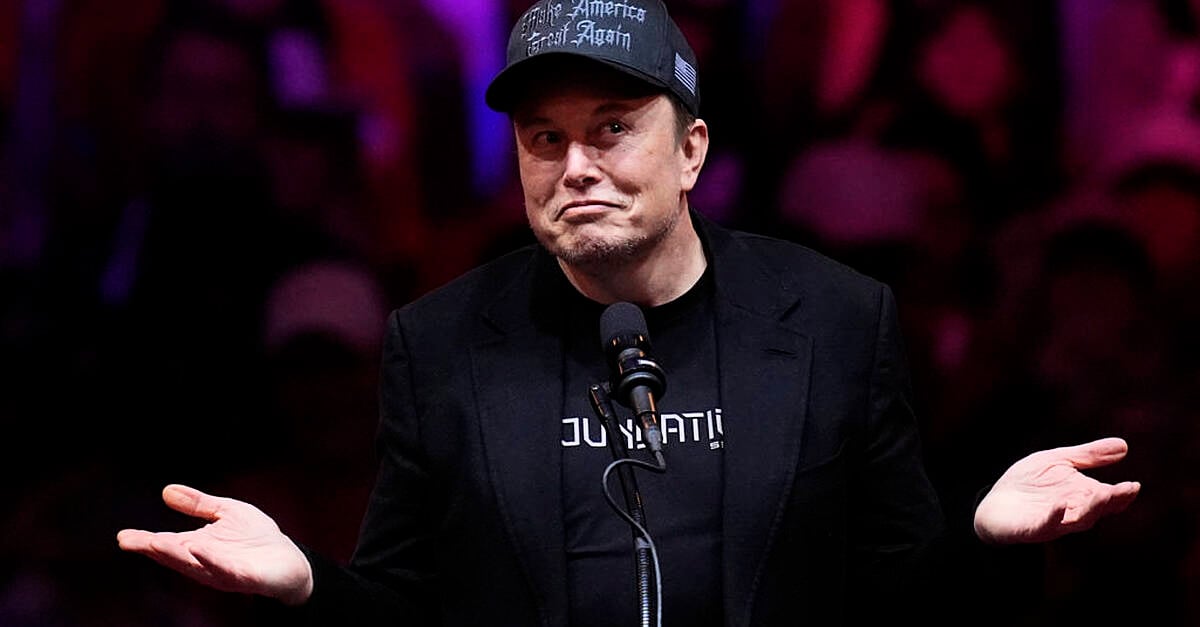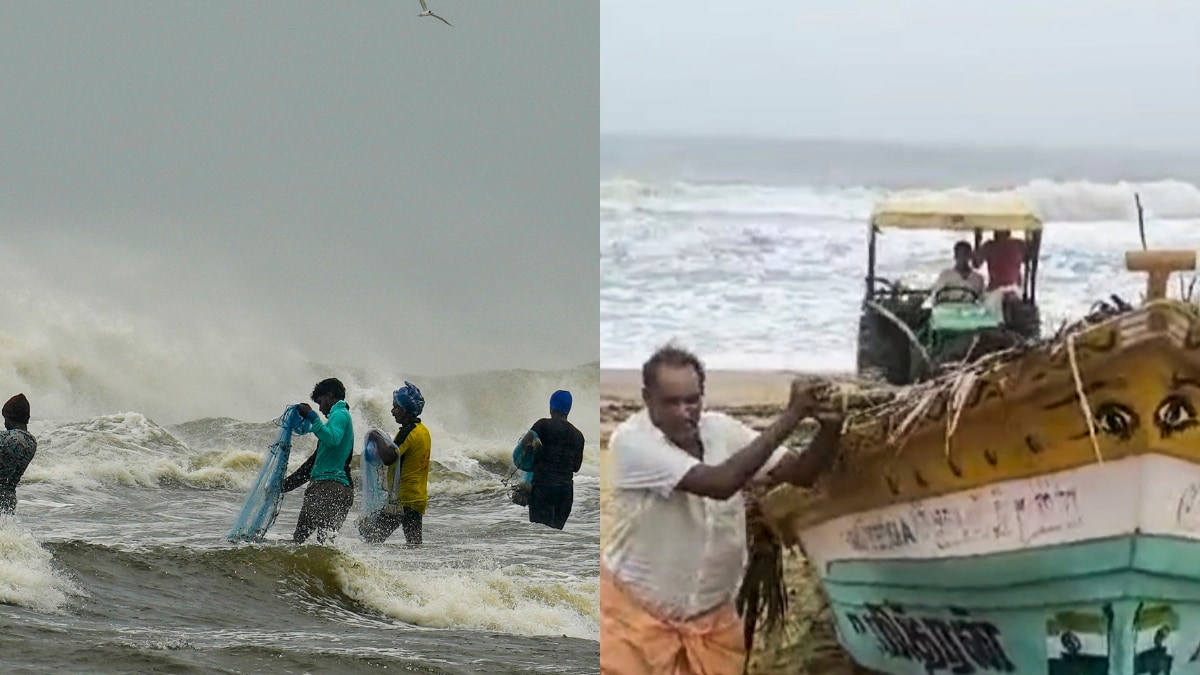The Calm Before the Storm? Middle East Ceasefire Opens Door to New Global Tensions
A fragile 60-day ceasefire between Israel and Lebanon’s Hezbollah militia, brokered by the United States and France, has brought unexpected calm to a notoriously volatile region. The agreement, hailed by experts as a potential step towards stability, could see Hezbollah withdrawn from the Lebanese-Israeli border and usher in a revamp of the Lebanese Army with US and French support. Some speculate that Arab nations like the UAE, Saudi Arabia, and Egypt might also play a role in the region’s reshaping.
However, beneath this veneer of peace lurks the potential for new conflicts. Israeli sources claim that the ceasefire offers a crucial opportunity for the Israeli Defense Forces (IDF) to regroup and prepare for future operations.
"Leaving Lebanon, especially after destroying a significant part of Hezbollah’s infrastructure and missile capabilities, would enable Israel’s defense forces (IDF and IAF) to prepare for new actions against Iran," reported an Israeli source.
This suggestion is amplified by reports of Israeli discussions regarding a potential military strike against Iran. The source hinted at an implicit understanding within the ceasefire agreement, allowing for Israeli action against Iran, provided the US is given advanced notice.
Geopolitical Earthquakes: OPEC+, Trump, and a Shifting Power Dynamic
This delicate situation intersects with broader global developments. The rescheduling of the OPEC+ meeting to December 5, combined with the extension of production cuts into 2025, suggests a complex web of international maneuvering. OPEC+, particularly Russia and Iran, faces pressure from a slowing Chinese economy and dissent among its member states.
The looming return of Donald Trump to the US presidency further complicates the situation. Known for his firm stance against Russian-OPEC collaboration and hostility towards Iran, Trump’s policies could profoundly impact the global energy landscape and the delicate balance in the Middle East.
His potential reinstatement of sanctions against Iran and aggressive energy policies might benefit Israel, Riyadh, and Abu Dhabi by weakening Iran’s oil and gas exports and easing pressures on OPEC to maintain production cuts. This, in turn, would diminish Russian influence in the global energy market.
" Related: Trump Urged to Make Oil-for-Migrants Venezuela Deal"
In these rapidly shifting geopolitics, the Middle East ceasefire might simply be a prelude to new confrontations. While easing pressure on key OPEC+ players, it complicates the picture for Russia and Iran. With its spare production capacity, OPEC+ could potentially offset any loss of Iranian and Russian oil volumes in the global market.
Experts predict that 2025 will be even more volatile than 2024 as nations navigate this complex web of alliances, sanctions, and energy interests.
## The Calm Before the Storm? Middle East Ceasefire Opens Door to New Global Tensions
**world Today News Exclusive Interview with Dr. Anya Petrova, Professor of International Relations at the University of Oslo**
**World Today News:** Dr. petrova, a fragile 60-day ceasefire has been agreed upon between Israel adn Hezbollah in Lebanon. While this is a welcome respite from the recent conflict, manny analysts are concerned that this is merely the calm before another, perhaps larger, storm.Would you agree?
**dr.Petrova:** absolutely. This ceasefire is indeed fragile. We’ve seen short-lived truces before,only for violence to erupt again. While it provides a much-needed window for humanitarian aid and diplomatic efforts, the underlying issues remain deeply entrenched.
**World Today News:** What are some of thes underlying issues that threaten to reignite the conflict?
**Dr. Petrova:** The core dispute revolves around territorial claims, hezbollah’s disarmament, and Israel’s security concerns. On one hand, Hezbollah sees itself as a resistance movement against Israeli occupation, while Israel views it as a terrorist institution posing a direct threat to its existence.
This conflict also has profound regional implications. The involvement of Iran, a major backer of Hezbollah, adds another layer of complexity.
**World Today News:** We’ve seen increasing global tensions in recent weeks, with the situation in Ukraine dominating headlines. Could the escalation of this conflict in the Middle East further destabilize the world order?
**Dr. petrova:** This is a valid concern. The middle East is a key geopolitical flashpoint, and any meaningful escalation could have ripple effects worldwide.
The current ceasefire provides an opportunity for diplomacy. Key players like the US,the EU,and regional actors need to leverage this period to engage in serious dialog and address the root causes of the conflict. Failure to do so could lead to a wider conflagration with potentially disastrous consequences. Moreover, the focus on Ukraine might distract from these critical efforts, making a accomplished outcome even more tough.
**World Today News:** What role can the international community play in ensuring a lasting peace in the region?
**Dr. Petrova:** The international community must act decisively. This includes:
* **Mediation and Facilitation:** supporting a meaningful dialogue between Israel and Hezbollah, facilitated by neutral parties.
* **Humanitarian Assistance:** Providing urgently needed aid to affected populations in Lebanon and Israel.
* **Addressing Regional Dynamics:** Encouraging dialogue and confidence-building measures between all regional actors, including Iran.
**World Today News:** thank you, Dr. Petrova, for your insightful analysis. As this fragile ceasefire hangs in the balance, your words serve as a reminder of the urgent need for diplomatic solutions and international cooperation to prevent further bloodshed in the middle East.
**Note to editor:**
* Consider adding a brief bio of Dr. Petrova highlighting her credentials and expertise.
* Include relevant images or graphics to further engage readers.
* Share this article on social media and encourage discussion among readers.


